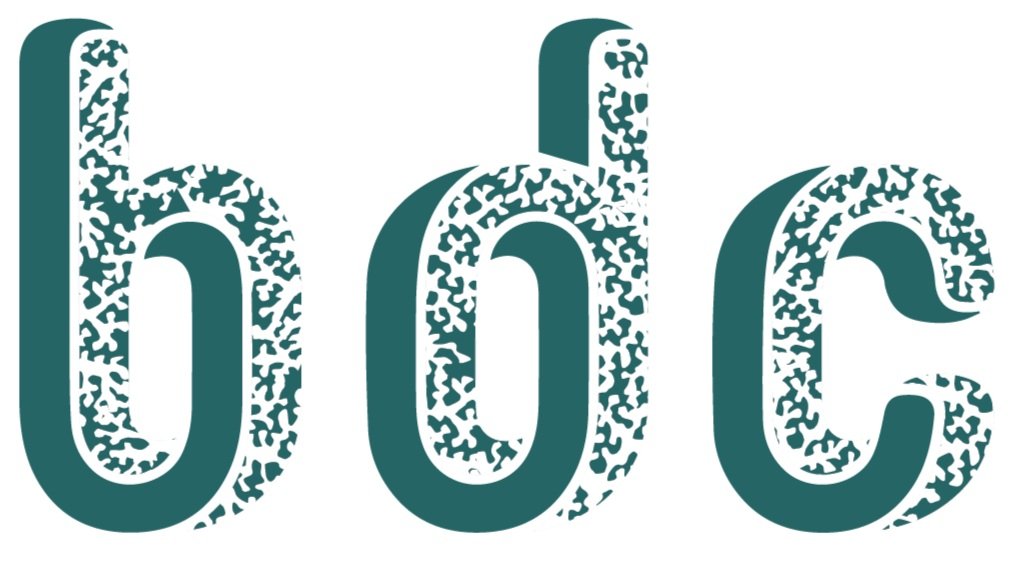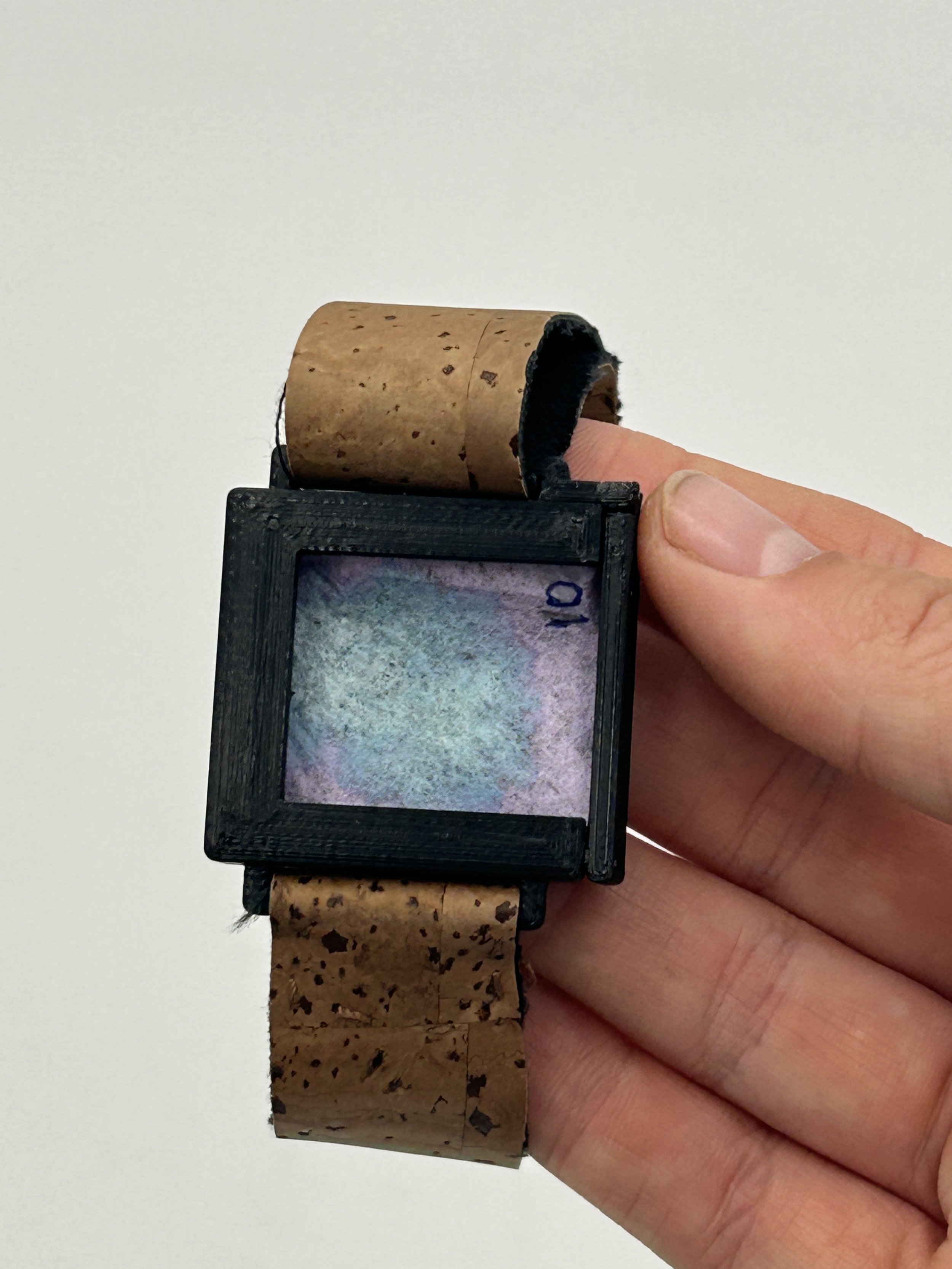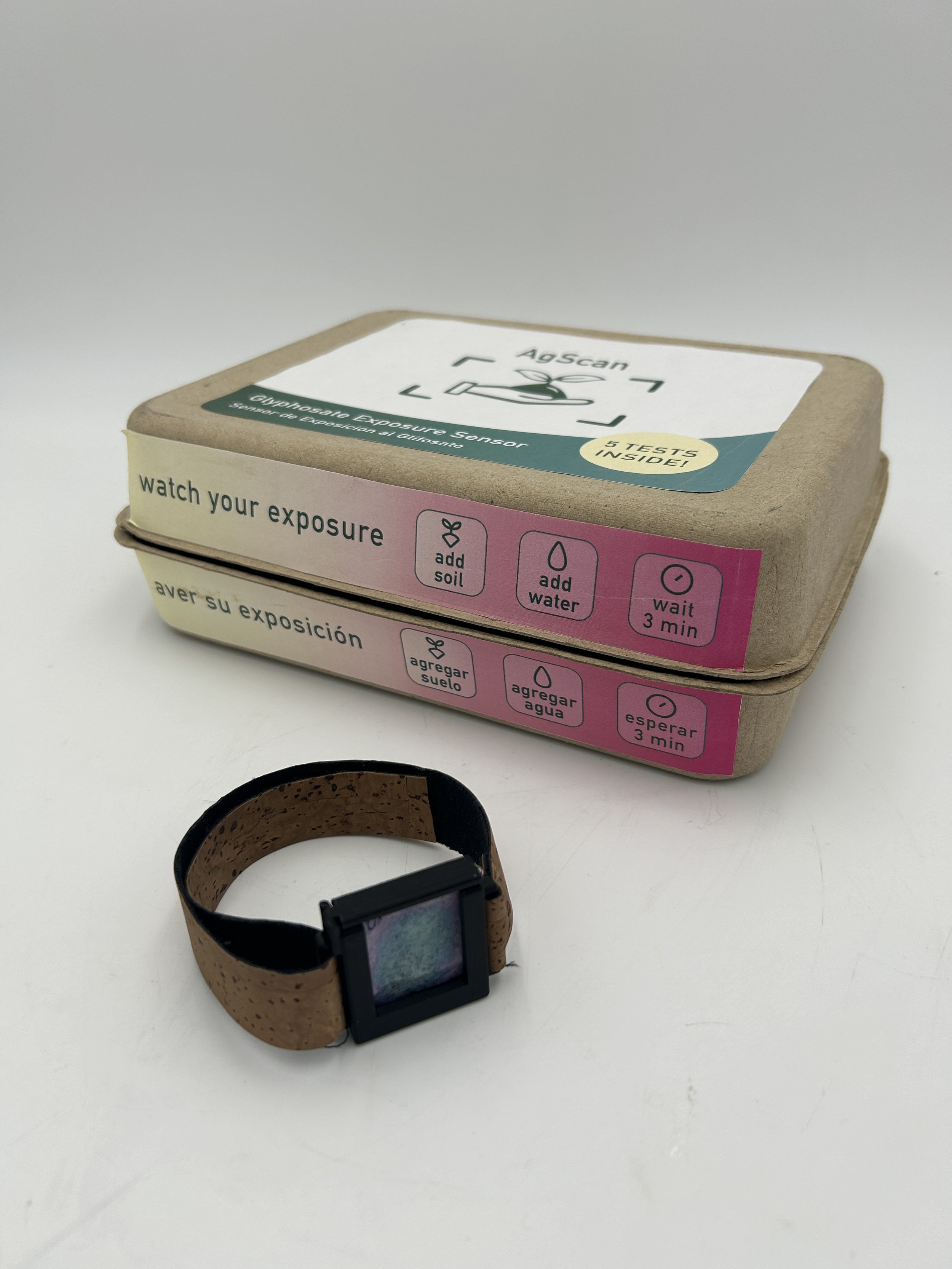University of California, Davis
projects 2024
MycoAir
Finalist Project
Henry Dearborn, Simran Chawla, Lanhui Zhen, Rebecca Libby, Gabriel Acuna Aguilar
MycoAir focuses on using the properties of mycelium to develop an eco-friendly air filtration system. The team designed a biodegradable mycelium-based air filter for residential HVAC systems containing sustainably sourced materials with a more circular life cycle than traditional plastic-based air filters.
AgScan
Ashley Aparicio, Kelly Kankowski, Robert Nykodym, Jadzia Pho, Gloria Zeng
Glyphosate is a popular herbicide used on soybean, corn, and cotton crops (USDA). Constant exposure to the herbicide raises human health concerns due to the negative physiological reactions caused such as respiratory, cardiac, and neuromuscular dysfunction. AgScan is a wearable, colorimetric, and paper-based pesticide detection system for glyphosate to empower farmworkers, conservationists, and the general public with the knowledge and ability to report herbicide exposure. The biosensor uses pH readout from the production of glyphosate metabolites to produce a colorimetric result that is humanly interpretable. The watch band utilizes agricultural waste to be ecologically friendly and biodegradable. The project will also offer avenues for further contamination reporting through governmental agencies in a manner that maximizes biosensor accessibility and safety.
EcoPlast
Abby Wong, Jessie Xu, Oriana Gonzalez, Kaylin Lee, Pallavi Venkatesh
Ecoplast is a naturally hard biodegradable plastic from the Earth, for the Earth. It is truly compostable, antimicrobial, and can be made with a variety of material properties for laser-cutting, extrusion, molding, etc. EcoPlast is made from natural materials such as lignin, gelatin, hemp, and spent coffee grounds, sourced from the waste products of various industries. These materials can be transformed into a range of products with diverse textures and properties. When you're done with them, simply toss them into your backyard, and they’ll naturally biodegrade.
FungiLink
Netra Patel, Shutong Zhang, Makeio Desadier, Jacques Mak
In response to the pressing need for sustainable bioremediation of polluted mediums, FungiLink proposes a novel method for measuring and assessing mycoremediation through electrical signaling found in mycelium. FungiLink involves experiments using mycelium as a bridge to complete an electrical circuit, and measuring how both the open circuit potential (OCP measured in mVs) and the resistance of the mycelium (measured in ohms) shift when pollutants are introduced to the system. Although still in an experimental phase, we also envision a second generation product further capable of weather-sealed, onsite, remote monitoring of mycoremediation.
Instructors 2024
Christina Cogdell is Professor of Design at UC Davis. She is a historian of biodesign in 20th- and 21st-century architecture and design, and a current practitioner of biodesign for teaching and research. She has led UC Davis teams in the Biodesign Challenge since 2018 and considers it the most rewarding teaching experience of her career. She is author of Eugenic Design: Streamlining America in the 1930s (2004) and Toward a Living Architecture? Complexism and Biology in Generative Design (2019).























